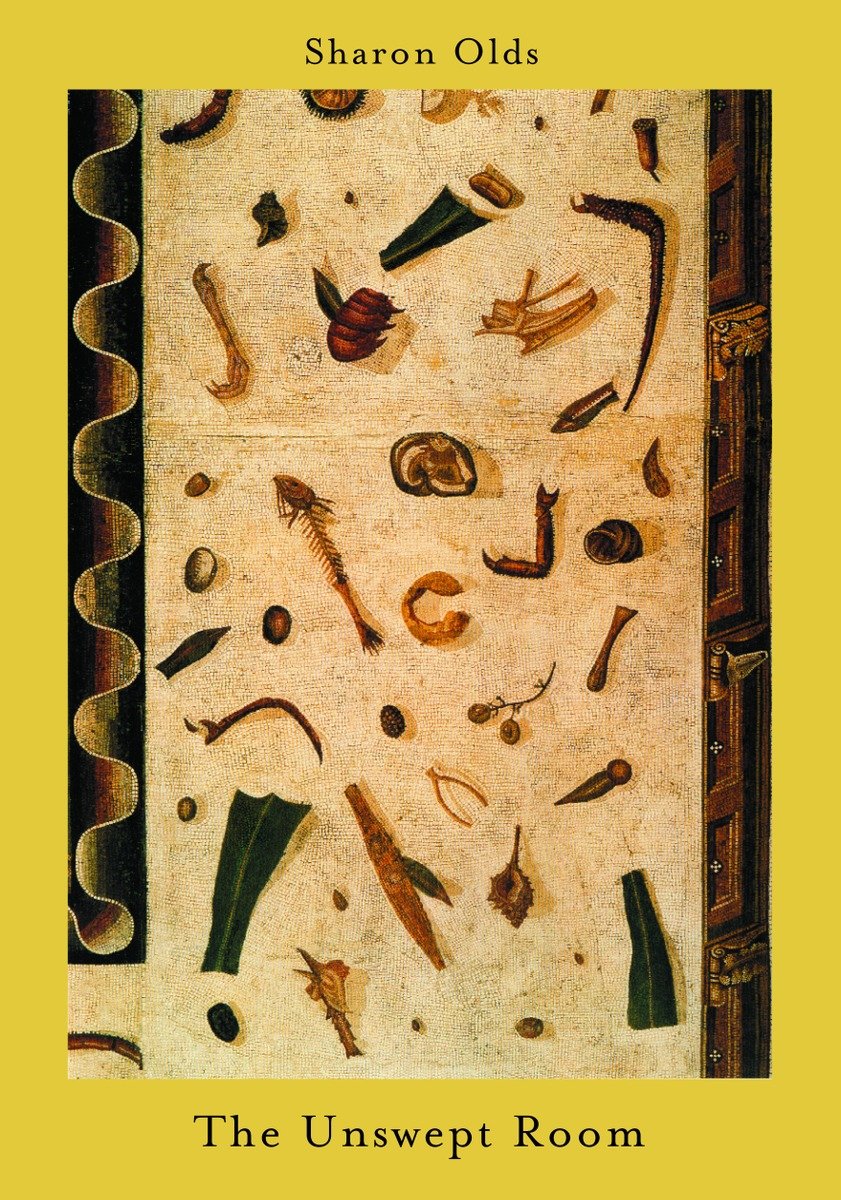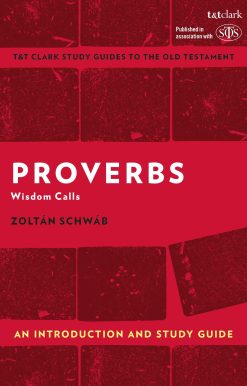No gift registry found click here to create new registry
Cart contain Gift Registry Items cannot add products
The Unswept Room
16.00 JOD
Please allow 2 – 5 weeks for delivery of this item
Add to Gift RegistryDescription
From the Pulitzer Prize and T. S. Eliot Prize for Poetry winner—a stunning collection of poems about history, childhood, nurturing a new generation of children, and the transformative power of marital love. With poems that project a fresh spirit, a startling energy of language and counterpoint, and a moving, elegiac tone shot through with humor, Sharon Olds takes risks, writing boldly of physical, emotional, and spiritual sensations that are seldom the stuff of poetry. These are poems that strike for the heart, as Olds captures our imagination with unexpected wordplay, sprung rhythms, and the disquieting revelations of ordinary life. Writing at the peak of her powers, this greatly admired poet gives us her finest collection.
Additional information
| Weight | 0.2 kg |
|---|---|
| Dimensions | 1.1 × 15 × 21.3 cm |
| PubliCanadation City/Country | USA |
| Author(s) | |
| Format Old` | |
| Language | |
| Pages | 144 |
| Publisher | |
| Year Published | 2002-9-24 |
| Imprint | |
| ISBN 10 | 0375709983 |
| About The Author | SHARON OLDS was born in 1942 in San Francisco and educated at Stanford University and Columbia University. Her previous books are Satan Says, The Dead and the Living, The Gold Cell, The Wellspring, The Father, and Blood, Tin, Straw. She was the New York State Poet Laureate from 1998 to 2000. She teaches poetry workshops in the Graduate Creative Writing Program at New York University and was one of the founders of the NYU workshop program at Goldwater Hospital on Roosevelt Island in New York. Her work has received the Harriet Monroe Prize, the National Book Critics Circle Award, the Lamont Selection of the Academy of American Poets, and the San Francisco Poetry Center Award. She lives in New York City. |
| Excerpt From Book | The ShynessThen, when we were joined, I becameshyer. I became completed, joyful,and shyer. I may have shone more, reflectedmore, and from deep inside there rosesome glow passing steadily through me, but I was notplaying, now, I felt a little like someonesmall, in a raftered church, or in a cathedral, the vaulted spaces of the bodylike a sacred woods. I was quiet when my throat was notmaking those iron, orbital, rusted,coming noises at the hinge of matter andwhatever is not matter. He takes me into ending after ending like another world at thecenter of this one, and then, if he begins toend when I am resting I feel awe, I almost feelfear, sometimes for a moment I feelI should not move, or make a sound, asif he is alone, now,howling in the wilderness,and yet I know we are in this placetogether. I thought, now is the momentI could become more loving, and my hands moved shylyover him, secret as heaven,and my mouth spoke, and in my beloved’svoice, by the bones of my head, the fieldsgroaned, and then I joined him again,not shy, not bold, released, enteringthe true home, where the trees bend down along theground and yet stand, then we lay togetherpanting, as if saved from some disaster, and for ceaselessinstants, it came to pass what I haveheard about, it came to methat I did not know I was separatefrom this man, I did not know I was lonely.Bible Study: 71 b.c.e.After Marcus Licinius Crassusdefeated the army of Spartacus,he crucified 6,000 men.That is what the records say,as if he drove in the 18,000nails himself. I wonder howhe felt, that day, if he went outsideamong them, if he walked that humanwoods. I think he stayed in his tentand drank, and maybe copulated,hearing the singing being done for him,the woodwind-tuning he was doing at oneremove, to the six-thousandth power.And maybe he looked out, sometimes,to see the rows of instruments,his orchard, the earth bristling with itas if a patch in his brain had itchedand this was his way of scratching itdirectly. Maybe it gave him pleasure,and a sense of balance, as if he had suffered,and now had found redress for it,and voice for it. I speak as a monster,someone who this hour has thought at lengthabout Crassus, his ecstasy of feelingnothing while so much is beingfelt, his hot lightness of spiritin being free to walk aroundwhile others are nailed above the earth.It may have been the happiest dayof his life. If he had suddenly cuthis hand on a wineglass, I doubt he wouldhave woken up to what he was doing.It is frightening to think of him suddenlyseeing what he was, to think of him runningoutside, to try to take them down,one man to save 6,000.If he could have lowered one,and seen the eyes when the level of paindropped like a sudden soaring into pleasure,wouldn't that have opened in himthe wild terror of understandingthe other? But then he would have had5,999to go. Probably it almost neverhappens, that a Marcus Crassuswakes. I think he dozed, and was rousedto his living dream, lifted the flapand slowly looked out, at the rustling, creakingliving field-his, like an externalorgan, a heart.Sunday NightWhen the family would go to a restaurant,my father would put his hand up a waitress'sskirt if he could-hand, wrist,forearm. Suddenly, you couldn't seehis elbow, just the upper arm.His teeth were wet, the whites of his eyeswet, a man with a stump of an arm,as if he had reached behind the night.It was always the right arm, he wasn'tfooling. Places we had been before,no one would serve us, unless there was a youngunwarned woman, and I never warned her.Wooop! he would go, as if we were havingfun together. Sometimes, now,I remember it as if he had had hisarm in up to his shoulder, his armto its pit in the mother, he laughed with tearyeyes, as if he was weeping with relief.His other arm would be lying on the table-he liked to keep it motionless, toimprove the joke, ventriloquistwith his arm up the dummy, his own shriekcoming out of her mouth. I wish I had stucka fork in that arm, driven the tinesdeep, heard the squeak of muscle,felt the skid on bone. I may havemet, since then, someone relatedto one of the women at the True Blueor at the Hick'ry Pit. SometimesI imagine my way back into the skirtsof the women my father hurt, those bells oftwilight, those sacred tented woods.I want to sweep, tidy, stack-whatever I can do, clean the stableof my father's mind. Maybe undirtymy own, come to see the whole bodyas blameless and lovely. I want to work offmy father's and my sins, standbeneath the night sky with the full moonglowing, knowing I am under the domeof a woman who forgives me. |
Only logged in customers who have purchased this product may leave a review.
Related products
-
On backorder 2-5 Weeks to Arrive
Add to Gift Registry10.99 JOD -
On backorder 2-5 Weeks to Arrive
Add to Gift Registry90.00 JOD -
On backorder 2-5 Weeks to Arrive
Add to Gift Registry -
Low stock
Add to Gift Registry






Reviews
There are no reviews yet.